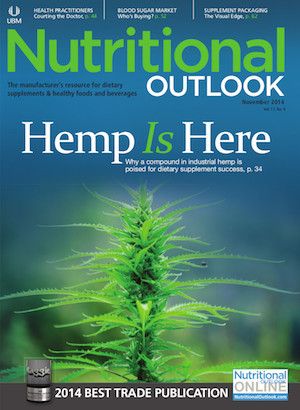Follow-Up on Omega-3s and Prostate Cancer: Inconclusive
Remember that Ohio State study that linked omega-3s to prostate cancer? Well, here's your update to that.

Following up on the not-so-favorable results of a study that found omega-3 consumption may be linked to increased prostate cancer risk, the Journal of the National Cancer Institute brought together a handful of investigators involved in recent, similar prospective studies to reanalyze all of their data combined.
The combined analysis included 5098 subjects who were diagnosed with prostate cancer during studies and 6649 control subjects. The average follow-up time for each study was five years. Data dated as far back as the 2007 Physicians’ Health Study and as recent as the 2013 SELECT trial, the details of which are discussed in the first link above.
In this meta-analysis, while researchers observed elevated risks of prostate cancer in the highest quintile of EPA and DHA fatty acid consumption, a cause-and-effect relationship was not established for either, and heterogeneity was found amongst the studies. Interestingly enough, stearic acid was inversely associated with prostate cancer risk, and data on the remaining 11 fatty acids under investigation bore no connection to prostate cancer.
“There was no strong evidence that circulating fatty acids are important predictors of prostate cancer risk,” concluded the team. “It is not clear whether the modest associations of stearic, eicosapentaenoic (EPA), and docosapentaenoic acid (DHA) are causal.”
Robby Gardner
Associate Editor
Nutritional Outlook magazine
robby.gardner@ubm.com
Photo by ©iStockphoto.com/Brilt

GC Rieber VivoMega uses AI platform from Intelecy to boost efficiency, quality, and sustainability
August 26th 2024According to the company’s announcement, the AI platform is able to identify real-time deviations or anomalies in GC Rieber VivoMega’s processing facilities and report them via a cloud-based, comprehensive, centralized system.